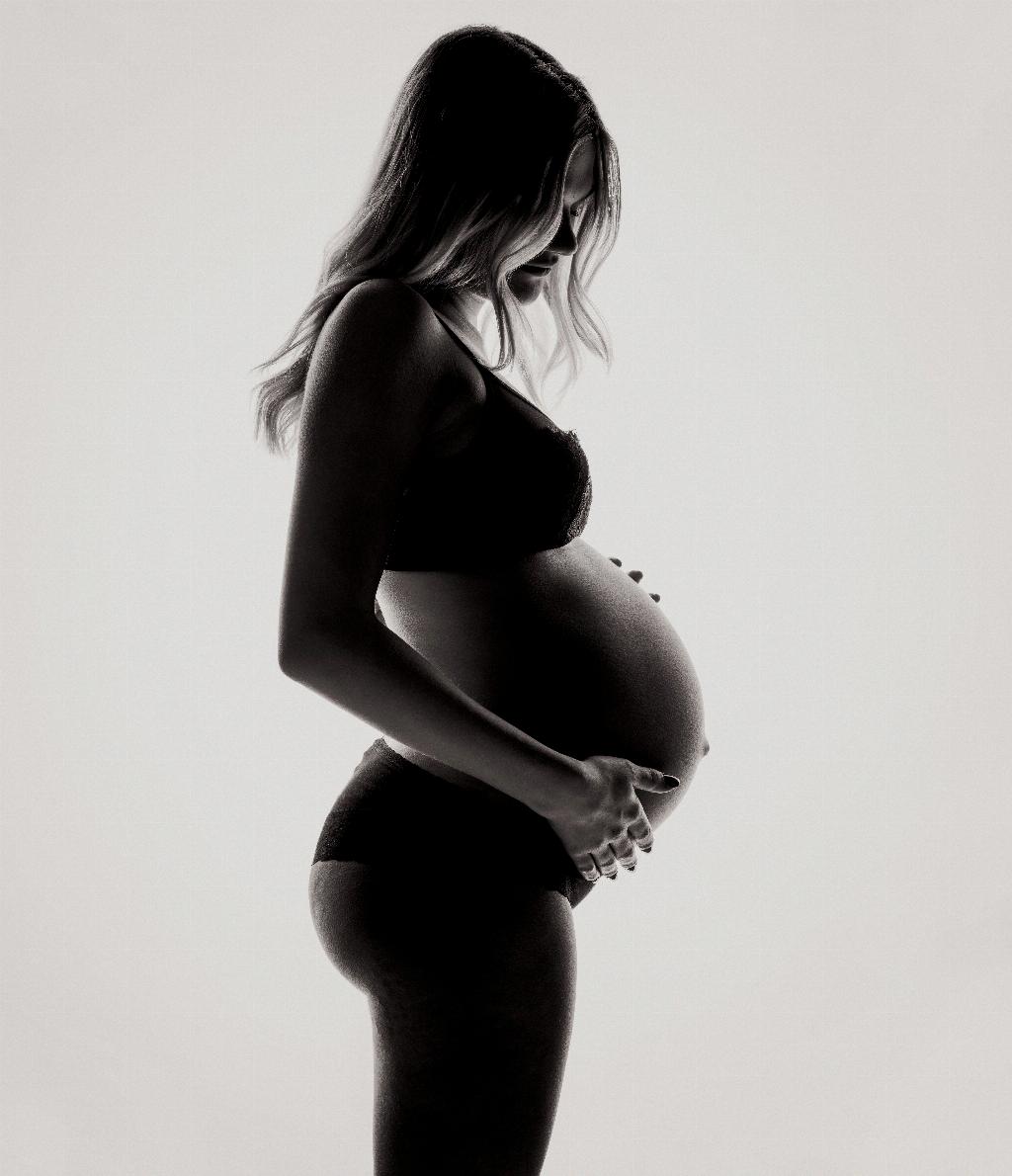When you are eagerly anticipating that positive pregnancy test after a missed period, it can be disheartening to see a negative result. The situation raises the question: why am I not pregnant after a missed period? There are several possible explanations for this scenario, ranging from underlying medical conditions to lifestyle factors. Let’s delve into the various reasons why you may not be pregnant despite a missed period.
1. Undiagnosed Medical Conditions
One primary reason for a negative pregnancy test following a missed period could be an undiagnosed medical condition. Polycystic Ovary Syndrome (PCOS) is a common disorder that can affect ovulation and lead to irregular menstrual cycles, potentially causing a missed period without pregnancy.
2. Hormonal Imbalances
Hormonal imbalances, such as thyroid disorders or issues with the pituitary gland, can disrupt the menstrual cycle and contribute to infertility. These imbalances may result in missed periods and negative pregnancy tests despite actively trying to conceive.
3. Stress and Anxiety
The impact of stress on the reproductive system should not be underestimated. High levels of stress and anxiety can affect hormone levels, ovulation, and overall fertility, potentially leading to missed periods and difficulties in getting pregnant.
4. Weight Fluctuations
Significant fluctuations in weight, either weight loss or gain, can disrupt hormone levels and interfere with the menstrual cycle. Maintaining a healthy weight is crucial for reproductive health and fertility.
5. Medications and Treatments
Certain medications and treatments, such as chemotherapy or radiation therapy, can impact fertility and menstrual regularity. It is essential to consult with healthcare providers about the potential side effects on reproductive health.
6. Age-Related Factors
Age plays a significant role in fertility, with women experiencing a decline in egg quantity and quality as they get older. Advanced maternal age can make it more challenging to conceive, leading to missed periods despite attempts to get pregnant.
7. Lifestyle Choices
Unhealthy lifestyle choices, such as smoking, excessive alcohol consumption, or poor diet, can negatively impact fertility. Making positive changes in lifestyle habits can improve reproductive health and increase the chances of conception.
8. Ovulation Irregularities
Irregular ovulation patterns or anovulation (lack of ovulation) can result in missed periods and infertility. Monitoring ovulation through methods like tracking basal body temperature or using ovulation predictor kits can provide insights into ovulatory patterns.
9. Environmental Factors
Exposure to environmental toxins, such as chemicals in certain plastics or pesticides, can have adverse effects on fertility. Minimizing exposure to harmful substances can support reproductive health and menstrual regularity.
10. Psychological Factors
Psychological factors, including depression or unresolved emotional trauma, can influence fertility and menstrual cycles. Seeking support from mental health professionals can be beneficial in addressing these underlying issues.
11. Unrecognized Infertility Issues
In some cases, individuals may face infertility challenges that have not been identified. Consulting with a fertility specialist for comprehensive testing and evaluation can help uncover any underlying issues inhibiting conception.
12. Patience and Persistence
While the journey to conception may present obstacles and uncertainties, it is essential to approach the process with patience and persistence. Seeking guidance from healthcare providers and fertility experts can offer support and guidance in navigating fertility concerns.

